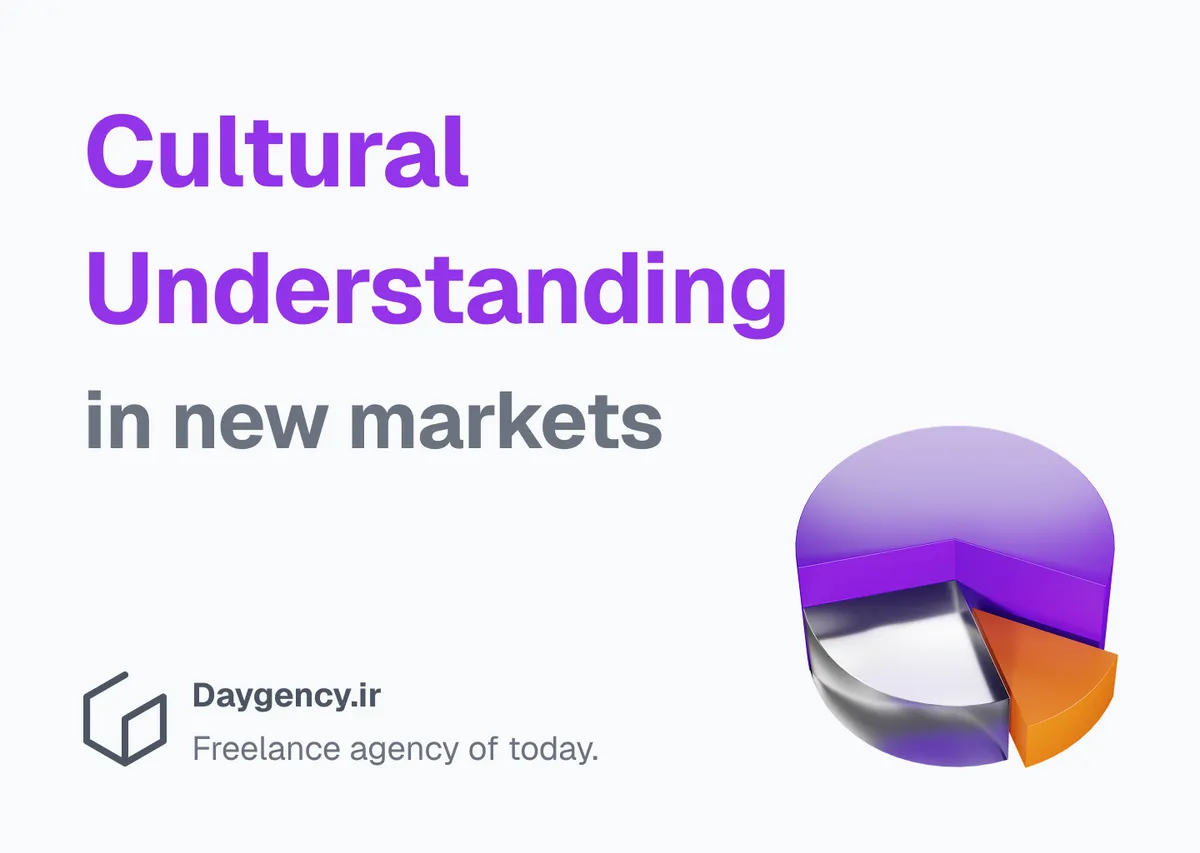Here we will go through the Importance of Cultural Understanding When Entering a new Market in another country like Iran.
The Connection Between Culture, Language, and Success
Expanding into a new market is more than just offering a great product or service—it requires deep cultural understanding. Businesses that fail to recognize the nuances of a new market often struggle, while those that take the time to adapt their messaging, branding, and customer interactions see greater success.
Culture shapes consumer behavior, communication styles, and business etiquette. Without proper cultural awareness, even the most well-funded market entry can fail. In this article, we’ll explore why cultural understanding is essential for international business success and how language, localization, and market research can help businesses thrive in new regions.
Why Cultural Understanding Matters in Business
When entering a foreign market, businesses often focus on logistics, pricing, and regulations. While these factors are crucial, cultural barriers can create unforeseen challenges. Understanding local customs, traditions, and values ensures that companies avoid costly mistakes and build meaningful connections with their new audience.
Here’s why cultural awareness is crucial:
- Consumer Behavior Varies Across Cultures
Different cultures prioritize different values and purchasing behaviors. For example:
- In Iran, trust and personal relationships play a significant role in business deals. A company that focuses only on digital marketing without engaging in local networking may struggle.
- In Western markets, efficiency and direct communication are preferred, while in many Middle Eastern and Asian cultures, indirect and relationship-based interactions are key.
- Language and Messaging Impact Brand Perception
A simple translation is not enough—businesses must localize their messaging to align with cultural expectations.
- Some words and phrases carry different connotations in different languages. For example, marketing slogans that work in English might not translate well into Farsi.
- Humor, idioms, and storytelling styles vary widely. What resonates in one culture may fall flat—or even offend—in another.
- Business Etiquette Can Make or Break Deals
Each country has different expectations for professional interactions:
- In Iran and other Middle Eastern cultures, personal connections and trust-building are essential before discussing business. A foreign company that jumps straight into negotiations may come off as impersonal.
- In Japan, silence in business meetings is a sign of respect and deep thought, while in the U.S., it may be seen as hesitation or lack of interest.
Understanding these subtle but powerful cultural norms can prevent misunderstandings and strengthen business relationships.
The Role of Language & Localization in Market Success
- Translation vs. Localization
Many companies assume translation is enough when entering a new market, but localization is what truly connects a brand with its audience.
Translation = Converting text from one language to another.
Localization = Adapting content, tone, visuals, and messaging to fit cultural preferences.
For example:
- A social media campaign in Iran should reflect local values, humor, and traditions, not just be a direct translation of an English campaign.
- Colors, symbols, and imagery hold different meanings across cultures—what is positive in one market may be inappropriate in another.
- The Power of Multilingual Content
Companies that offer bilingual websites, customer service, and marketing materials are more likely to succeed in global markets.
- In Iran, a company that provides both English and Farsi content will appeal to a broader audience, including locals and international partners.
- Social media content tailored to local dialects can make a brand feel more authentic and relatable.
- Cultural Sensitivity in Marketing
Marketing that doesn’t consider local customs and traditions can fail spectacularly.
- Example: International fast-food chains entering Iran have had to adjust their menus to respect cultural preferences, such as avoiding pork and alcohol-based products.
- Example: Nike mistakenly released a shoe with Arabic script on the sole, offending Muslim consumers.
Culturally aware businesses take the time to understand sensitivities before launching campaigns.
How Market Research Helps Businesses Adapt
Market research helps businesses:
- Identify cultural preferences and trends.
- Understand the competitive landscape.
- Tailor their branding and messaging.
Let’s go into detail:
- Studying Local Competitors & Success Stories
By analyzing successful businesses in a new market, companies can learn what works and adapt their approach accordingly.
- Conducting Surveys & Focus Groups
Talking directly to consumers helps brands understand their needs, values, and expectations.
- Working with Local Experts
Partnering with local market researchers, translators, and cultural consultants ensures that businesses make informed decisions.
Key Takeaways for Business Success in New Markets
- Cultural understanding shapes consumer behavior, marketing, and business relationships.
- Language and localization play a vital role in market success—translation alone is not enough.
- Companies must adapt their branding, messaging, and etiquette to align with local norms.
- Market research and working with local experts help businesses avoid costly mistakes.
We are at your service
Want to expand your business into Iran or other international markets? Our team specializes in translation, localization, and market research to ensure your business thrives in new territories.
Contact us today to learn how we can help you succeed! Here are the related services you may be interested in:
